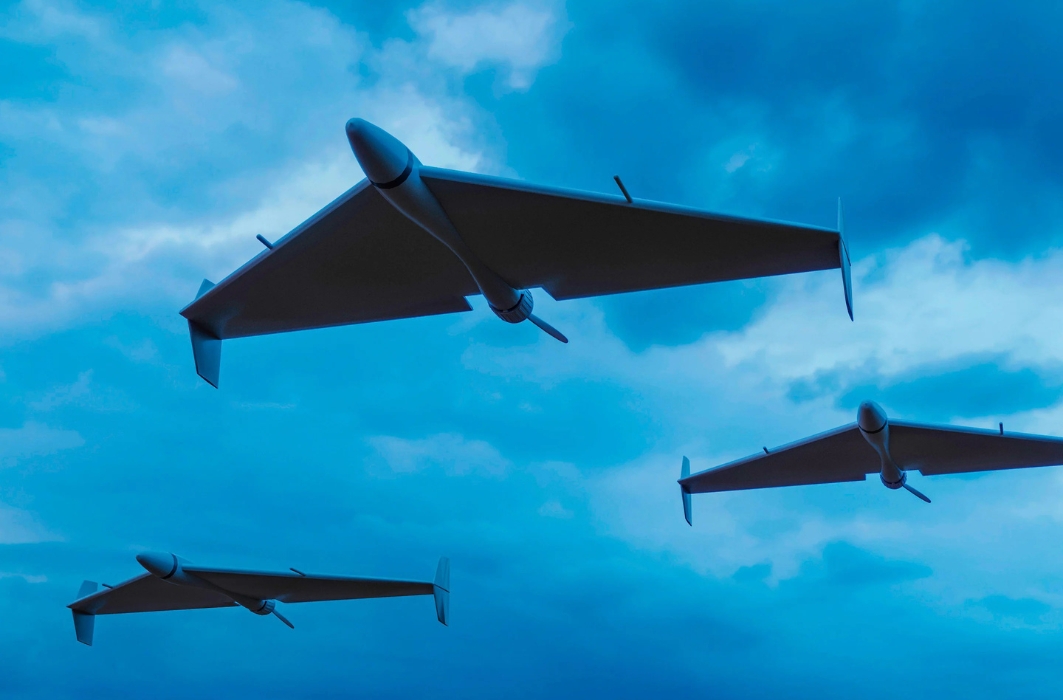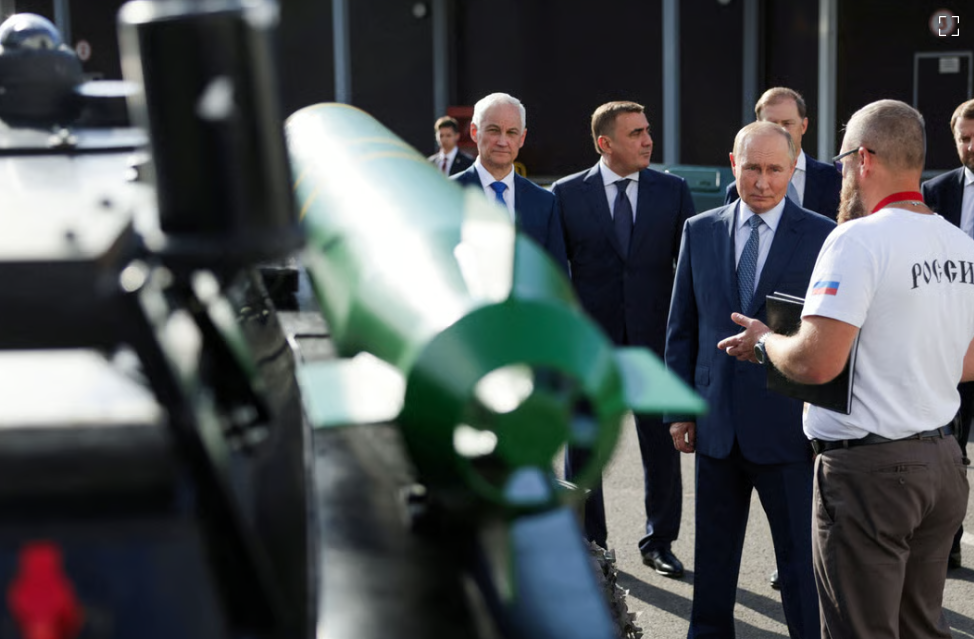On the night of October 5, Russia carried out a combined strike on Ukraine using 549 missiles and drones, which contained over 100,000 foreign-made components from companies in the United States, China, Taiwan, the United Kingdom, Germany, Switzerland, Japan, South Korea, and the Netherlands.
This was stated by Ukrainian President Volodymyr Zelensky in an address.
“Every Russian missile, every Russian strike drone contains components still supplied to Russia from Western countries and various countries near Russia. Now, in the fourth year of the full-scale war, it is simply astonishing to hear that some still supposedly don’t know how to stop the supply of critical components,” the President emphasized.
During this attack, Russia used 496 strike drones, including about 250 Shaheds, and 53 missiles: 2 Kh-47M2 Kinzhal aeroballistic missiles, 42 Kh-101 / Iskander-K cruise missiles, and 9 Kalibr cruise missiles. In total, the aerial weapons contained 102,785 foreign-made components. The drones carried approximately 100,688 foreign components, the Iskanders about 1,500, the Kinzhal 192, and the Kalibr 405.
Specifically, companies in the United States produce converters for Kh-101 missiles and Shahed (Geran) drones, matrices for these UAVs and Kinzhal missiles, analog-to-digital converters for drones and missiles, and microelectronics for missiles.
Switzerland manufactures microcontrollers for Russian UAVs, the United Kingdom produces microcomputers for drone flight control, Japan supplies optoisolators for cruise missiles, Germany provides switching connectors, the Netherlands produces processors, South Korea supplies servos and bearings, and the largest amount of various microelectronics—at least 50 components in each Shahed drone of various types—comes from China and Taiwan. All relevant data on each company and component are available to partners, who know what needs to be addressed.
The President noted that multiple countries are involved in these supply chains and emphasized that this must be stopped. A meeting of G7 sanctions coordinators is scheduled for this week.
“We are closely monitoring and analyzing the components Russia continues to receive from third countries. A systematic and coordinated G7-level decision is needed today to close these loopholes and ensure the effectiveness of sanctions,” said Vladyslav Vlasiuk, Presidential Adviser on Sanctions Policy.
Volodymyr Zelensky stressed that partners have received Ukrainian proposals to limit these supply schemes and that decisions are needed from them. Ukraine is also preparing new sanctions against those who support Russia and its war.


















